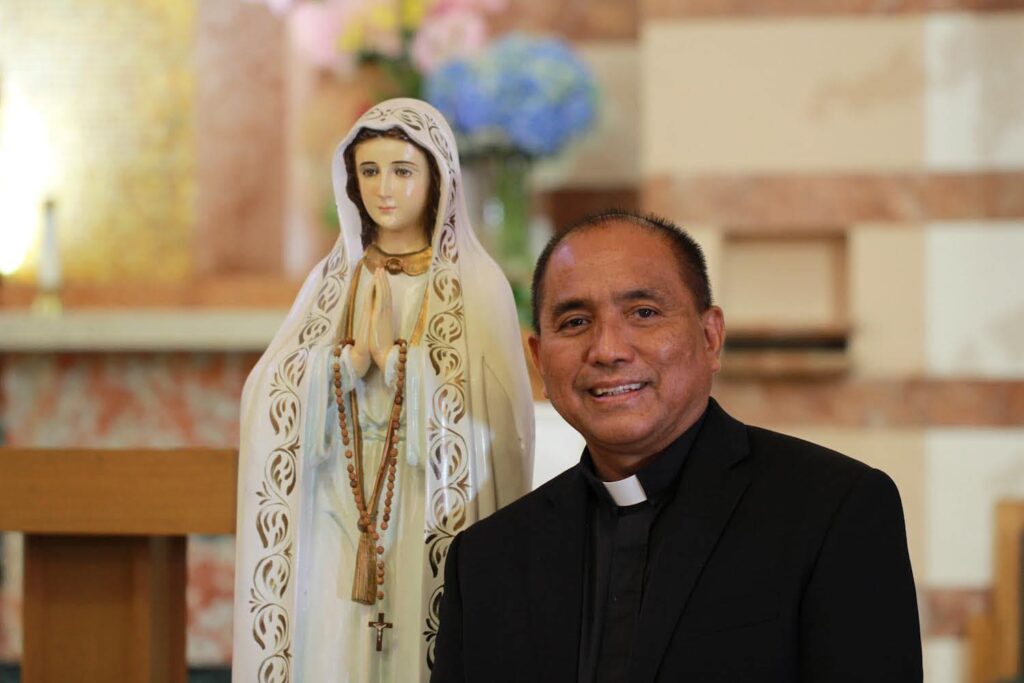I read the blog below and my Spirit wanted to memorialize the lessons I learned in dealing with conflict:
1. Be persuaded and be persuasive.
2. Never let the ugly in others destroy the beautiful spirit you grew within you.
3. Pray their “wrongminded beliefs” be transformed to right mindedness. Acclimate and live within your zone.
4. Look at the relationship over a longview lens: has this person contributed mostly trauma and harm or has this person stood up for the common good, inclusive of you?
5. Honesty, though brutal, without compassion and trust that the person can change is cruelty and judgmental biased profiling of another. Jesus was nailed to the cross by brutal offensive bullying, cruelty and judgmental biased profiling.
6. Forgive 7 times 77 times = 539 times. In my lifetime of 7 decades, I have not reached that yet. It illustrates that folks are mostly good, if we allow them.
7. Live your life with gratitude, and an expectation that Holiness is in others, as in you. After all, your goal is to go to heaven.
8.While here, create more moments of heaven on earth.
9. Your life must be about service to others. Find the gaps you can help folks transcend their pain. That special observation skills, away from your own pain, allow you to keep making folks feel good and joyful around you. Life lived serving others is more meaningful than holding your pain.
10. When adults shun you – that’s the overflow from their hearts. It is not about you. You are God’s beloved, keep remembering that. They will soon recognize their intrinsic goodness.
Thank you for a very beautiful piece, Fr. Rodel G.Balagtas.

https://m.facebook.com/story.php?story_fbid=10162103632299899&id=744529898
Pastor’s Notes
When conflict arises
None of us wants conflict. On the contrary, we all want to live in peace and harmony. But the reality is that we will always live with conflict. There will always be conflict in the family and among relatives, at work, and in the community; conflict among members of a political party, congress, and city councils; and not to say the least, conflict in the Church, an age-old problem!
And there will always be conflict within ourselves in the critical decisions we have to make and the “demons” and sins we struggle with daily.
I would always tell my students when I was teaching in the seminary to have a “thick” skin when they become pastors to manage and resolve conflicts. “It’s all part of being a leader,” I would remind them.
The Scripture Readings this Sunday speak about conflicts in Jeremiah’s life and that of Jesus and his apostles. They faced deep conflicts with people of their times. Jeremiah ran into conflict with his people, so they threw him out in a cistern. Aware of some family members’ rejection of him and his teachings, Jesus told his disciples, “I have come to set the earth on fire, and how I wish it were already blazing.”
So how should we deal with any conflict?
First, we must face it courageously instead of running away. As Brene Brown says, we need to rumble with the emotions arising from any conflict. She states in her book, Dares to Lead: Brave Work. Tough Conversations. Whole Hearts:
“When we find ourselves zigzagging—hiding out, pretending, avoiding, procrastinating, rationalizing, blaming, lying—we need to remind ourselves that running is a huge energy suck and probably way outside our values. At some point, we need to turn toward vulnerability and make that call.”
Second, we need to learn how to enter into honest and challenging conversations with one another. As one priest said, “to be brutally honest with each other.”
Does this mean that we come up immediately with our defenses and best arguments? No. It means that we come together safely, first of all, to listen to each other’s feelings and concerns. As our Christian principles say, to seek first to understand, then to be understood.
Brene Brown describes brave conversations in this way:
“Here’s what I’m seeing; here’s what I’m making up about what I see. I have a lot of questions. Can you help me understand?” Then dig in, take notes, and ask questions, followed by “I need some time to think about this. Can we circle back tomorrow? I’ll come to you if more questions come up, and if you have questions, please come to me.”
Third, we must stand by our Christian principles, values, and unselfish intentions for the common good. Dialogue means not always catering to other people’s wishes and opinions. It is standing on God’s side because we can’t stand anywhere else.
The Second Reading from the Book of Hebrew speaks about the need to stand firm in the face of conflicts and opposition:
“Consider how he [Jesus] endured such opposition from sinners, so that you may not grow weary and lose heart. In your struggle against sin, you have not yet resisted to the point of shedding blood.”
Friends, let’s deal with conflicts in a most Christian way. That way, we can live in peace and harmony!
Blessings!
Fr. Rodel “Odey” Balagtas
